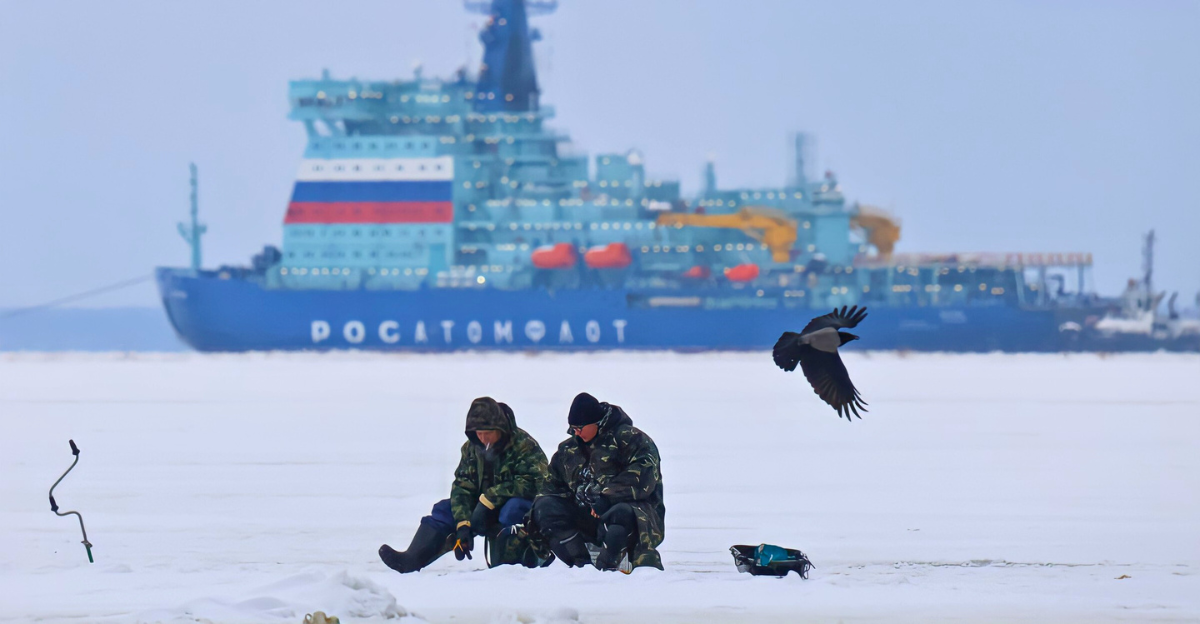
In the face of growing geopolitical tensions and a shifting global energy landscape, a startling discovery beneath Antarctica’s ice could reshape international relations and energy markets.
Russian researchers have uncovered a colossal oil reserve estimated at 511 billion barrels in the Weddell Sea region, an area with overlapping territorial claims by the UK, Argentina, and Chile.
This discovery dwarfs many known reserves and threatens to disrupt the longstanding Antarctic Treaty, which bans resource exploitation. As Russia intensifies its pressure under the guise of scientific research, the implications for global power dynamics and environmental preservation are profound.
A Monumental Oil Discovery Beneath the Ice

According to NewsWeek, Russian expeditions have identified one of the largest untapped oil reserves in the world- and it’s in Antarctica. Estimated at 511 billion barrels, that’s nearly double Saudi Arabia’s known reserves and ten times the North Sea’s output over 50 years.
This massive deposit lies in the Weddell Sea, a region claimed by multiple countries, complicating sovereignty and resource rights. The sheer scale of this find has stunned energy experts and policymakers alike, signaling a potential energy bonanza that could shift global supply dynamics.
Territorial Disputes Compound the Complexity

The oil cache is in an area whose territorial claims overlap with those of the United Kingdom, Argentina, and Chile, which all claim rights to parts of Antarctica.
Professor Klaus Dodds, a geopolitics expert at the UK’s Royal Holloway College, warns these overlapping claims over the region could result in diplomatic conflicts, particularly as Russia’s influence expands.
“The competing territorial interests make resource exploitation a powder keg for international disputes,” Dodds states. This territorial ambiguity challenges the Antarctic Treaty’s framework and raises questions about who ultimately controls the prize beneath the ice.
The Antarctic Treaty: Preservation vs. Extraction
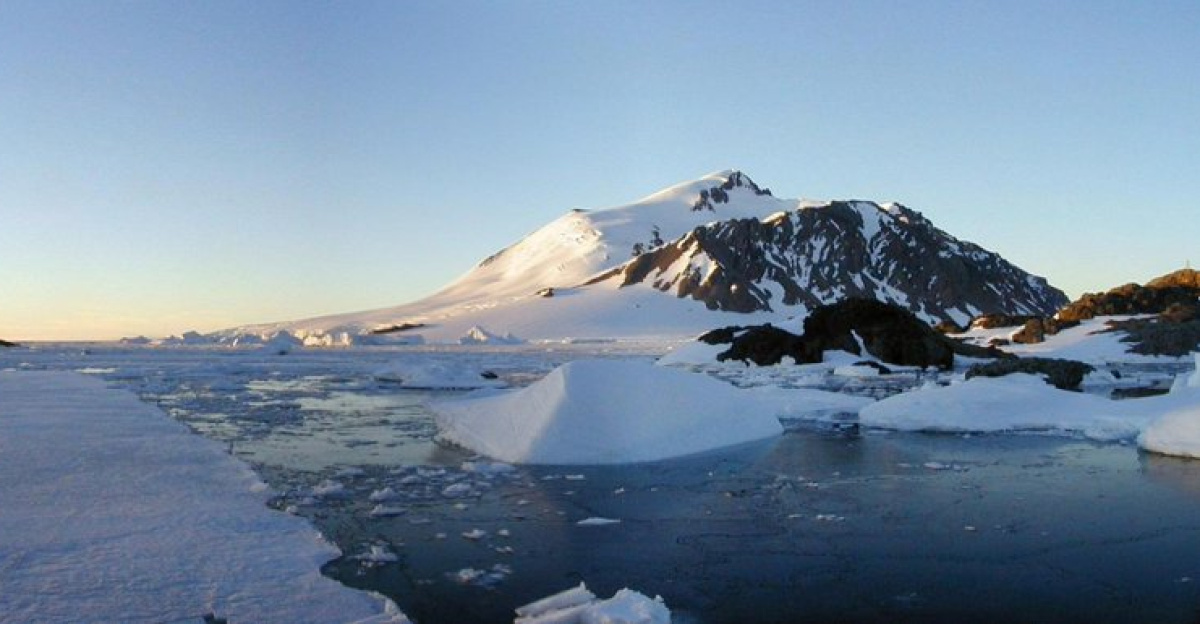
Under the 1959 Antarctic Treaty, the continent is to remain a scientific preserve where military activities and natural resource extraction activities are strictly prohibited. However, Russia’s recent seismic surveys indicate a move from pure research toward resource prospecting.
The treaty’s enforcement mechanisms are limited, and experts fear that Russia’s activities may be a prelude to breaking the mining ban. This tension between environmental protection and economic interests threatens to undermine decades of international cooperation.
Russia’s Strategic Motives in Antarctica
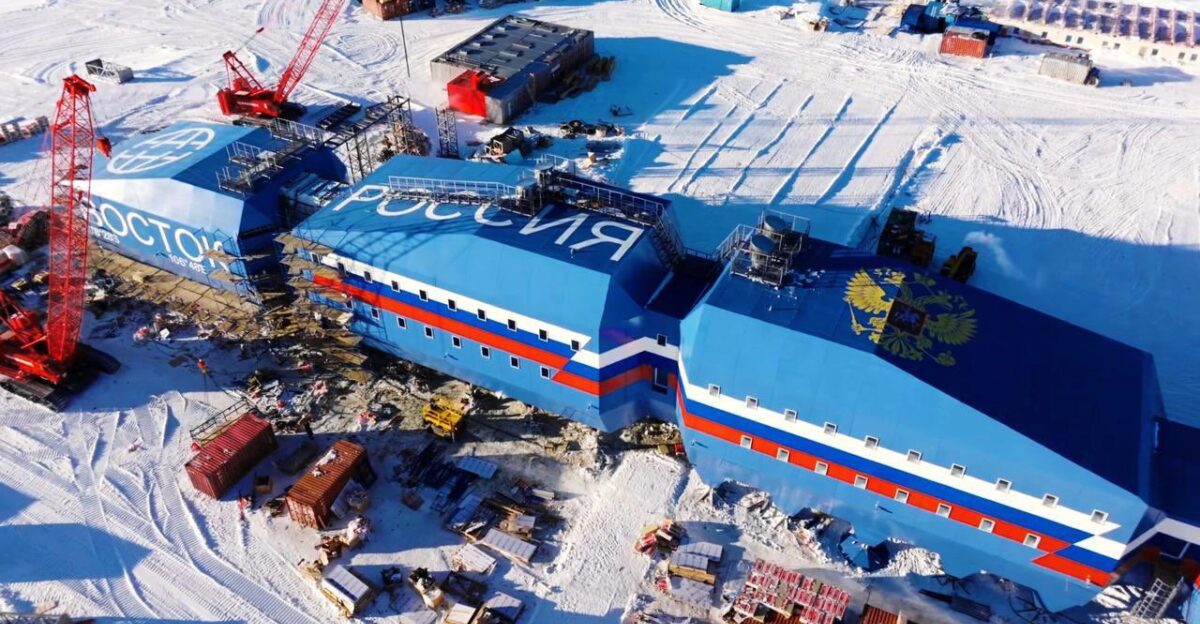
Russia claims its Antarctic activities are scientific, but experts see a broader strategy at play. The country’s expanding military footprint worldwide and intensified seismic studies hint at ambitions to secure energy dominance.
“Russia’s presence in Antarctica is part of a larger geopolitical maneuver to challenge Western influence and secure critical resources,” says Dr. Elena Petrova, a Eurasian energy policy analyst. This move aligns with Russia’s broader efforts to leverage natural resources as geopolitical tools amid strained relations with the West.
Geopolitical Fallout Amid Ukraine Conflict

Western relations with Moscow have soured since Russia’s invasion of Ukraine in 2022, and there is increased concern about Russia’s intentions in Antarctica. The discovery of the oil reserve only heightens fears that Russia will use the region to defy Western sanctions and economic pressures.
The UK Foreign Office has demanded answers and stressed that Russia’s operations in the Antarctic are part of the bigger picture of Russian global military aggression. The situation tests the resilience of international norms and alliances.
China’s Growing Antarctic Ambitions
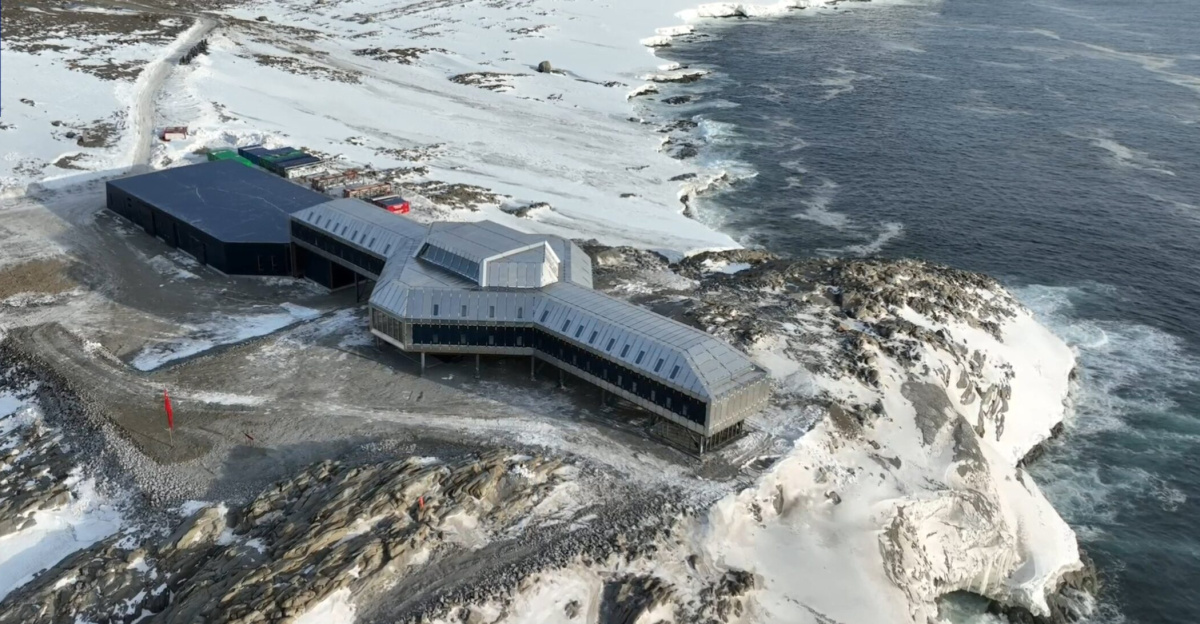
China’s establishment of its fifth Antarctic research base intensifies the resource race. As a major consumer of hydrocarbons, China’s presence complicates the geopolitical landscape.
Both China and Russia oppoe Western efforts to expand marine protected areas, suggesting a strategies partnership to challenge the Antarctic Treaty’s governance. This Sino-Russian alignment could reshape power balances in the region and complicate efforts to maintain Antarctica as a global commons.
Environmental Concerns and Global Implications
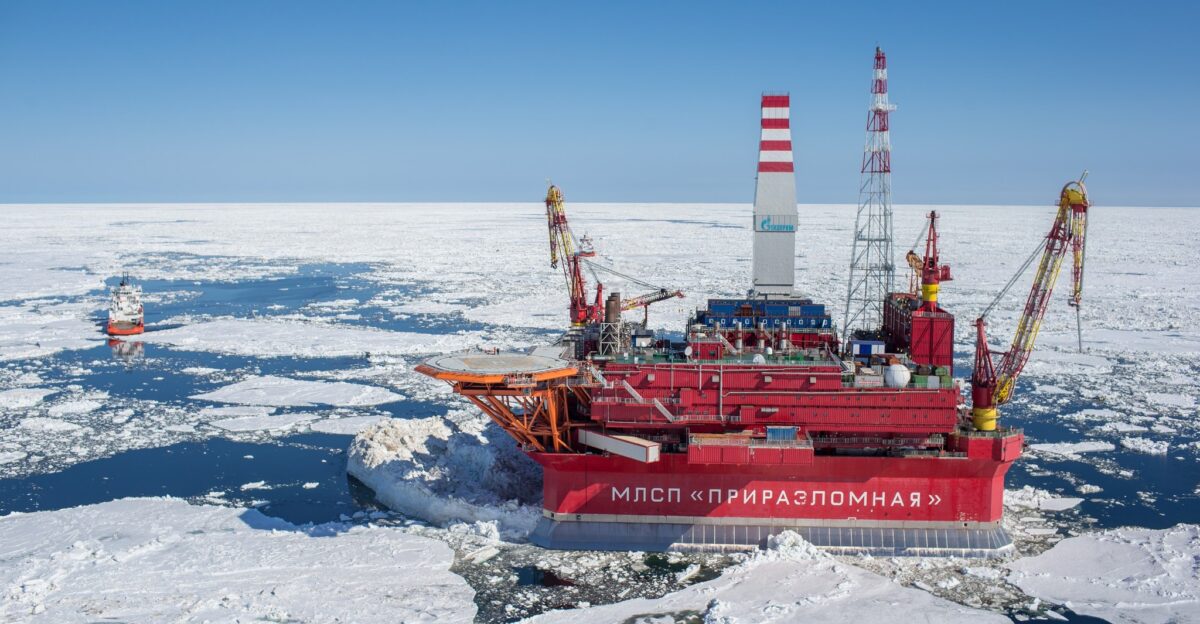
Exploiting Antarctica’s oil reserves poses severe environmental risks. The continent’s fragile ecosystem is vulnerable to disruption from drilling and increased human activity.
Environmental groups caution that extracting resources could accelerate the effects of climate change and damage biodiversity. The discovery forces a reckoning between economic interest and the urgent need for environmental stewardship on a continent that symbolizes global cooperation for preservation.
Economic Impact on Global Energy Markets
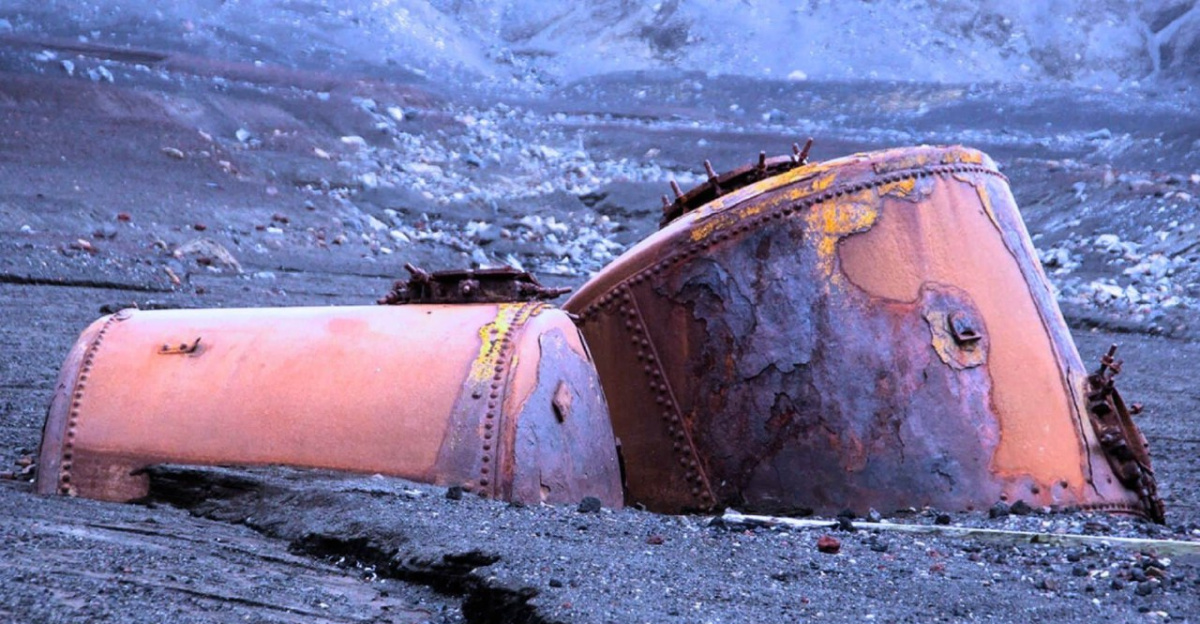
The potential addition of 511 billion barrels of oil to the global supply could destabilize energy markets, particularly in the West. Increased supply might reduce prices, impacting economies reliant on oil revenues.
However, the geopolitical uncertainty surrounding the reserve’s exploitation could cause market volatility. Energy economists suggest that this discovery could shift the balance of power, giving Russia and its allies leverage in global energy negotiations.
The Future of Antarctic Governance in Question

The discovery challenges the Antarctic Treaty’s effectiveness in preventing resource exploitation. As Russia and China push boundaries, the international community faces a critical test: uphold the treaty’s principles or renegotiate terms to reflect new geopolitical realities.
The outcome will determine Antarctica’s future as a zone of peace and science or a contested arena for resource competition. Global cooperation and diplomacy will be essential to navigate this unprecedented challenge.







